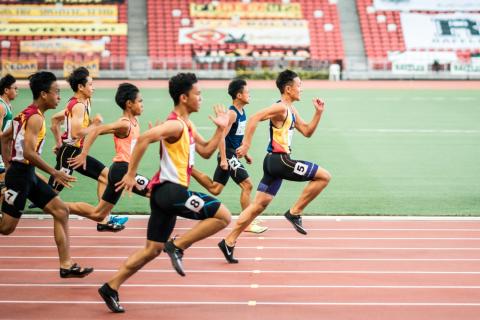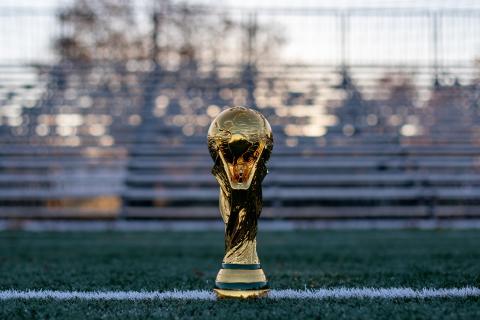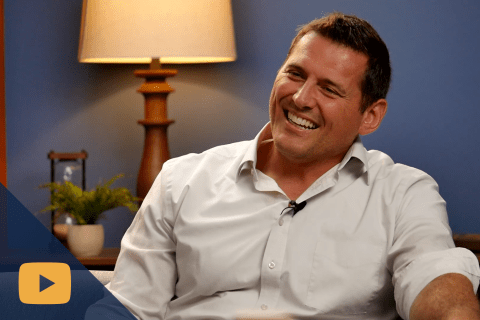
This article is the third in a series of nine on The Christian Athlete, authored by Dr. Luis Fernando Aragón-Vargas, professor of human movement science in the School of Physical Education and Sports at the University of Costa Rica.
Every Christian should care for his or her body and be healthy, to better serve God. In times like ours, when a sedentary lifestyle and multiple stressors are causing serious problems to a large percentage of the population, recreational and competitive sports play a very important role, providing the necessary distractions and physical stimuli to prevent cardiovascular disease, lower back problems, obesity, and other maladies. Are you, as an athlete, immune to these problems? Do you really know what to eat and how to care for your body? Should you worry about these things? There is ample information from the exercise sciences which you most likely know or could easily find; meanwhile, that information can be expanded with some Christian perspectives.
First: excessive training and being obsessed about victory are serious threats to an athlete’s health. Finding the right balance between moderation and pushing yourself to the limit remains one of the main challenges in competitive sports (I am sure you can think of one or two athletes at each one of those extremes). Do we find any advice about this in the Bible or from the Church?
The Book of Ecclesiasticus (Sirach), also called the Wisdom of Ben Sira, says that being healthy and physically fit is a good thing:
than to be rich and tormented in one’s body.
Health and fitness are better than gold,
and a strong body is better than countless riches.
There is no treasure to compare with health of body
and no happiness to surpass a joyful heart” (Sirach 30:14-16, NCB).
Second: it is not just athletes who should find the right balance between athletic success and health in competitive sports; all Christians should aim for a healthy life. In this regard, the Second Vatican Council offers guidelines regarding the Catholic Church’s vision on participation in sports activities:
We are our bodies, and we are our souls, loved by God as a whole human person. Christian athletes should care for their bodies, but they should keep in mind that physical health is not the supreme good. Being an athlete, even an extremely successful athlete, is not who we are, it is only what we do.
To view the complete series with full citations as hosted by the University of Costa Rica, click here.

Next: Sports as a Tool
Christian athletes are often taught that their Christianity should help them be better athletes - but perhaps it's better to look at sport as a tool for becoming better Christians.

Previous: Me, an Idolater?
Nobody needs another idol: young people need leaders, role models, examples of human virtue. They need the true God.


